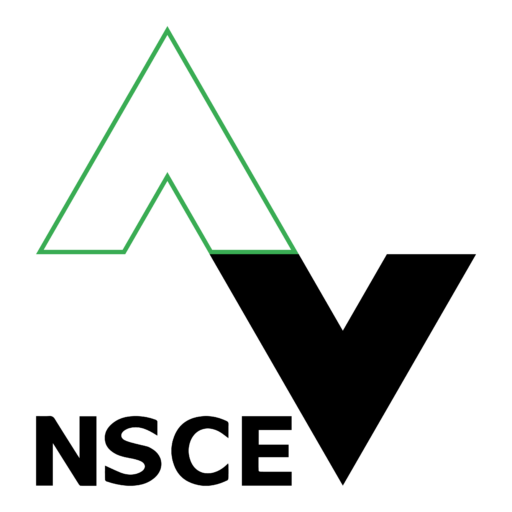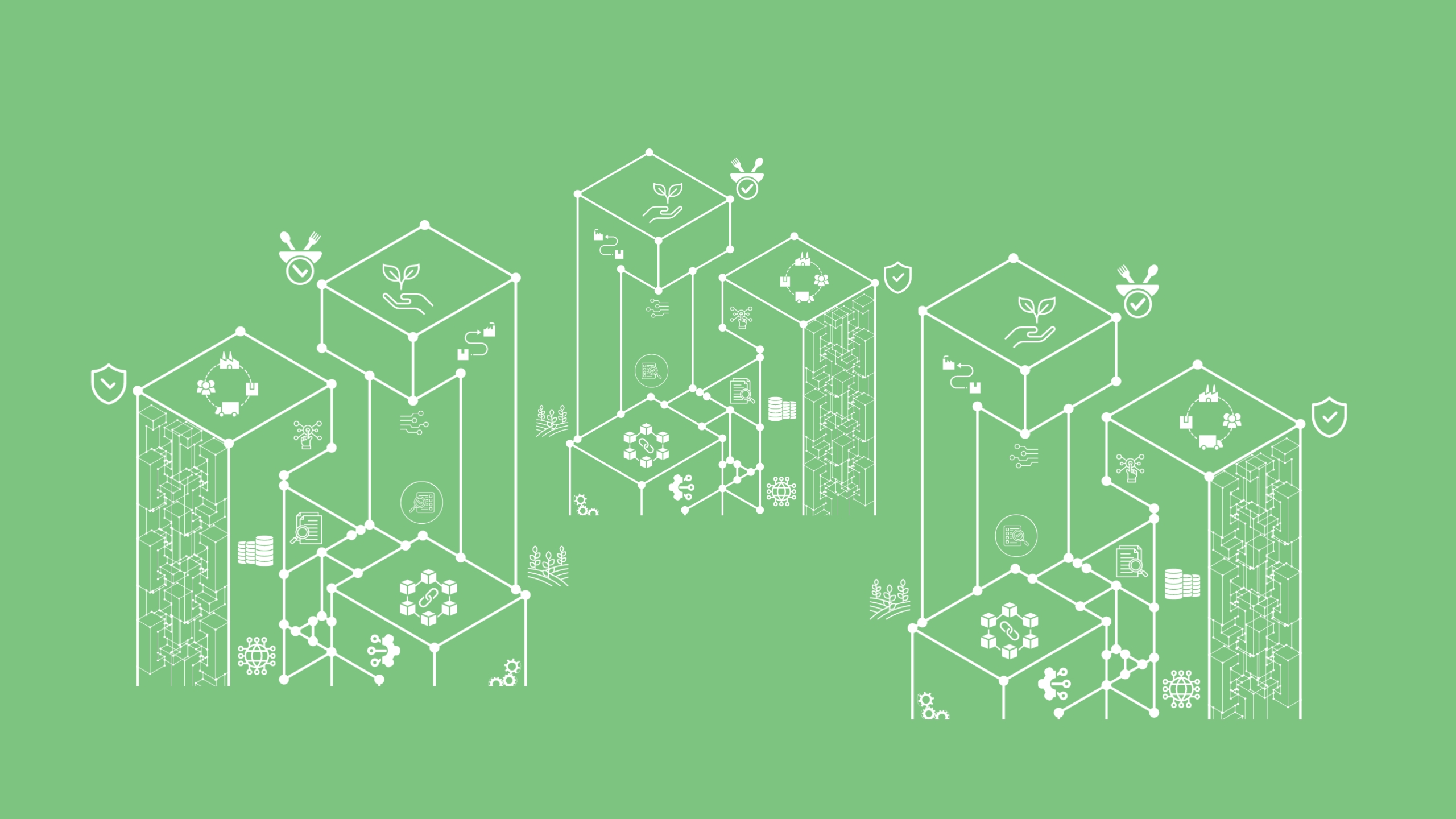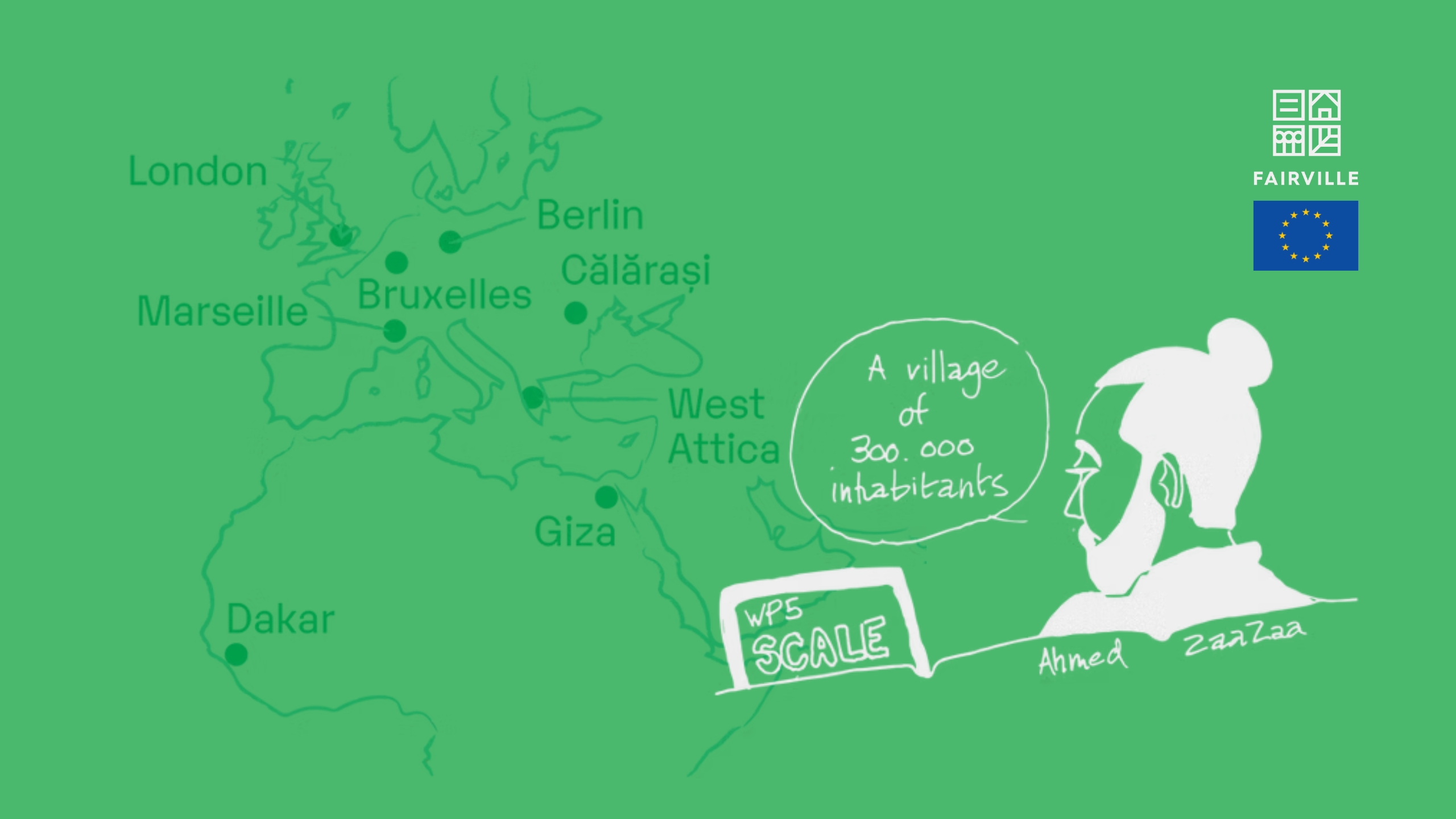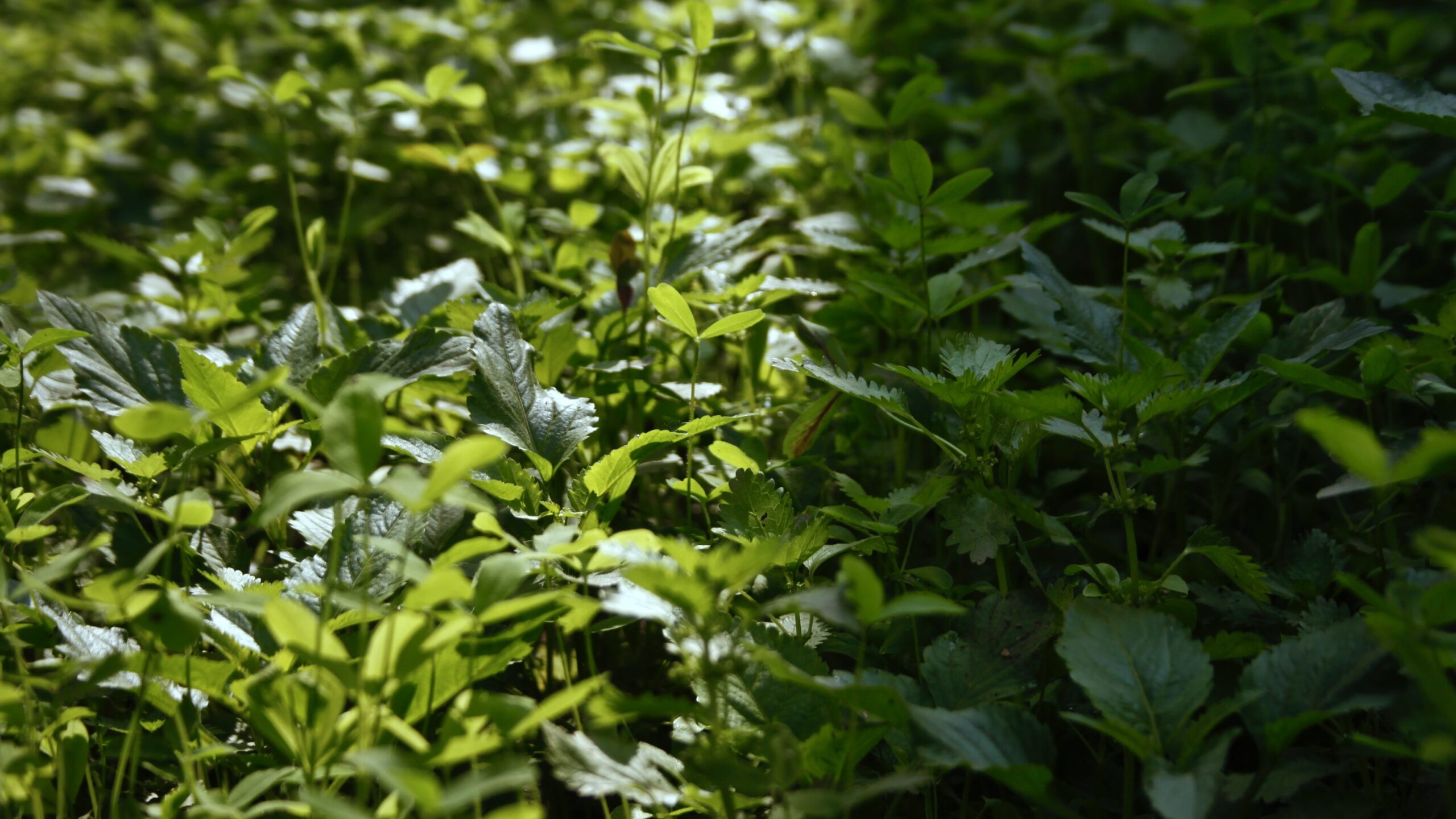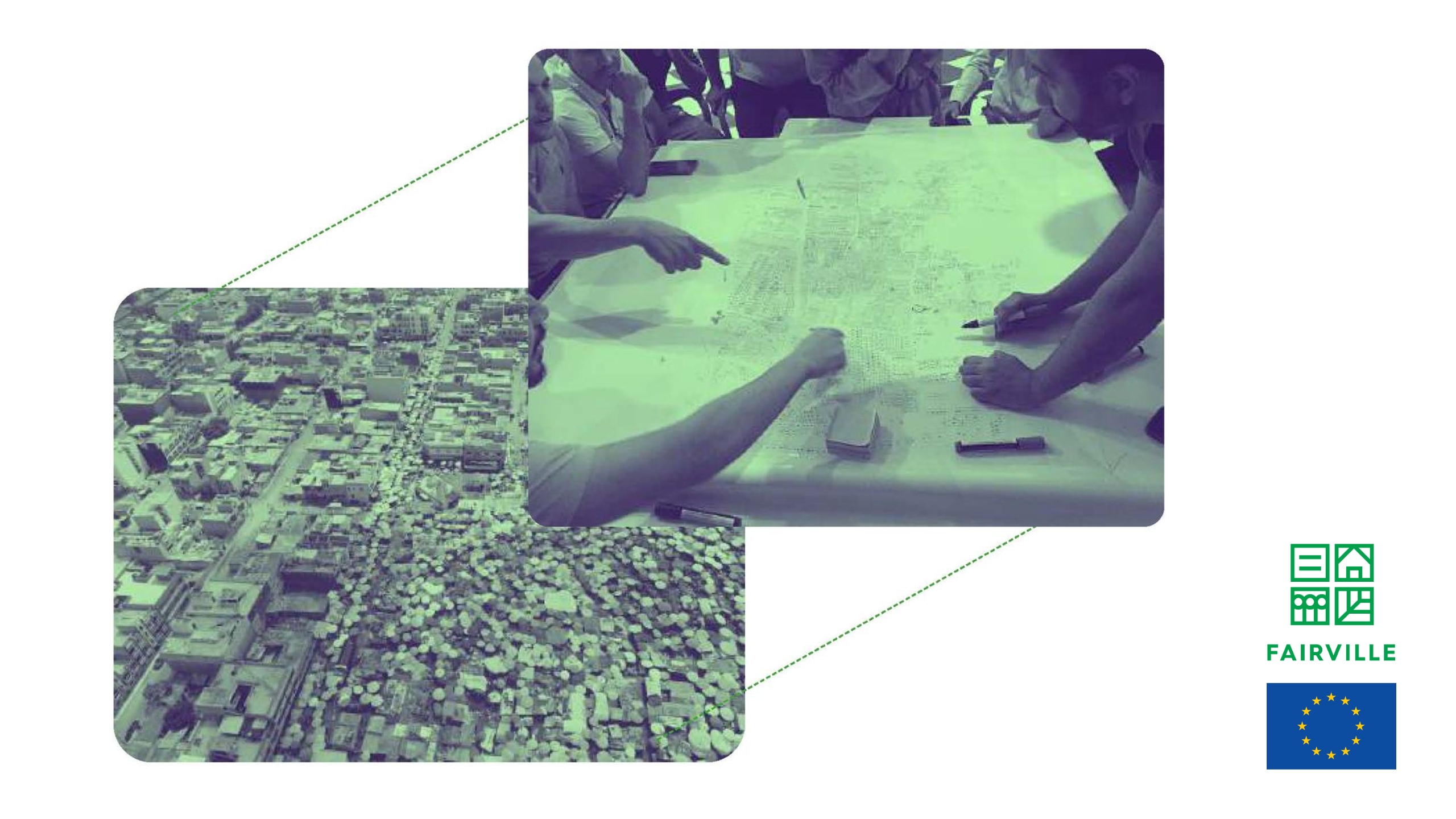The North South Consultants Exchange (NSCE) TRUSTyFOOD Team participated in the 2nd Edition of Cairo Sustainable Energy Week (CSEW), hosted by the Regional Center for Renewable Energy and Energy Efficiency from October 1 to October 3. The event brought together policymakers, energy experts, and leading entities to shape the future of sustainable energy.
The team took the momentum of CSEW to increase the visibility of the project and to connect with key stakeholders, including cutting-edge tech providers and impactful NGOs. These interactions opened doors for potential partnerships for stakeholder-driven pathways for blockchain implementation that sits at the nexus of energy and the agri-food sector.
Project: TRUSTyFOODDuring this networking event, TRUSTyFOOD explored the potential of blockchain technology (BCT) in driving sustainable economic development in the Middle East and North Africa by looking at how BCT can respond to climate change and support the New European Green Deal and carbon trading markets.
In line with TRUSTyFOOD’s farm-to-fork vision, the project team aimed to gain knowledge on the food chain approach by looking at energy as a key element in the food system.
One of the objectives of TRUSTyFOOD, as stated on the website, is to: “Enlarge the knowledge base and insight into Blockchain applications in different domains and in the food system, both through primarily public data sources as well as activating a stable dialogue with stakeholders”.
Forward-thing strategies and policies that aim to accelerate sustainable development, focusing on clean energy, clean tech, and the water-food-security nexus, were key topics of the stakeholder dialogues at CSEW.
These dialogues with stakeholders for co-creation and consensus-building signal the participation of various stakeholders in the design of a technological project or development trajectory. The added value of this model includes: first the communication and collaboration among all involved disciplines, thus multidisciplinary; and second an inclusive player-centric approach geared to reframing insights and contributing to actual transformation, thus transdisciplinary. This signals that the most robust and sustainable solutions will come from designing with (and not just for) end-users. To this end, a participatory approach is applied by TRUSTyFOOD that builds on two main components: the consultation of stakeholders with the aim to identify the current state of the art of BCT experimentation and the co-creation of a participatory vision and scenarios for future applications in the context of future R&I strategic policies, as written on the TRUSTyFOOD website.
The pivotal role of the energy transition in the Middle East and its alignment with global sustainability efforts was also highlighted at the conference.
The above key takeaways feed into understanding the different uses and applications of BCT. In this regard, we read on the website of TRUSTyFOOD:
Before adopting Blockchain technologies, it’s necessary to evaluate the specific context and the economy. BCTs could have different uses and shapes according to the specific purpose to which they applied.
See also: TRUSTyFOOD To suit the action to the word, these networking events thus ground TRUSTyFOOD’s user-centric approach. This approach engages stakeholders along the agri-food chains to define together the needs, requirements and strategies for future blockchain technology implementation. TRUSTyFOOD aims to understand how blockchain technology might be used in efforts to sustainably transform the food system and, ultimately, to produce a roadmap and provide future scenarios for a wide agri-food blockchain implementation.
TRUSTyFOOD itself is implemented by a consortium of stakeholders with 12 partners of which 30% represent the industry, 46% are academic institutes, and 23% are farmers and agri-food user associations.

